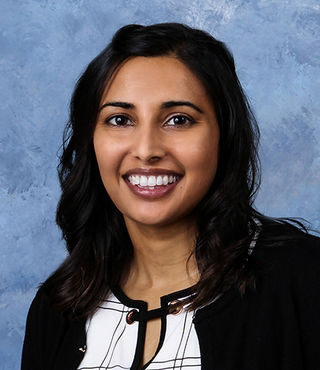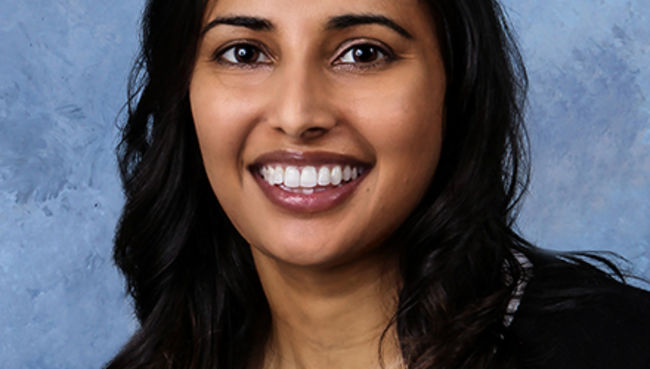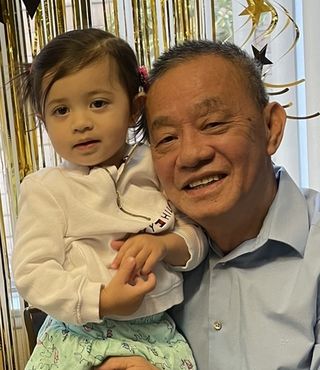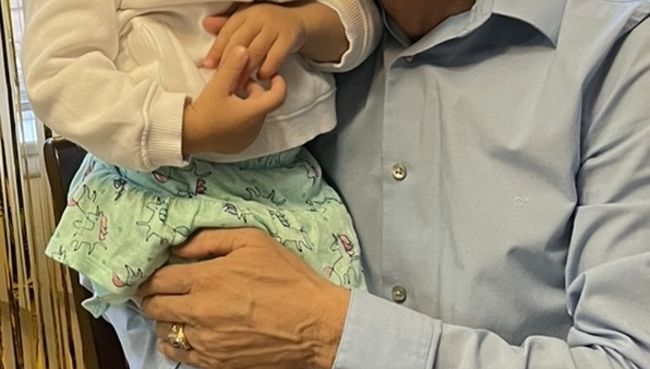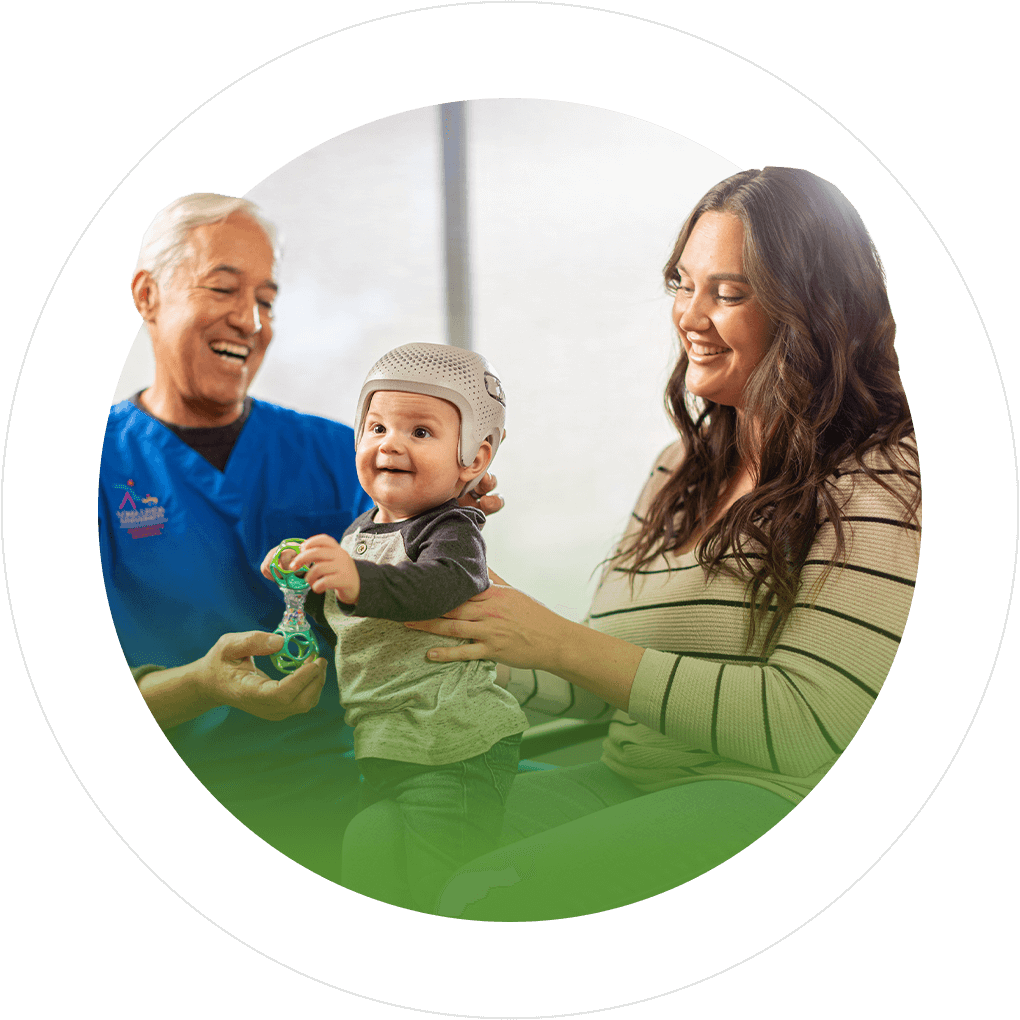If you have cancer, both the disease and its treatment put you at higher risk for cardiovascular (heart) disease. Cancer shares risk factors with heart disease, and chemotherapy and radiation therapy can weaken the heart and lead to serious complications.
Cardio-oncology is a new field of care focused on managing heart disease before, during, and after cancer treatment. Our cardiovascular specialists help you reduce heart risks and complications, improving your treatment outcomes and long-term health.
Why Choose Us for Cardio-Oncology Care
- Unique treatment program: We are one of the few institutions that offer specialized cardio-oncology care. Your heart and cancer treatments come together for the best results possible.
- Personalized care: Cardio-oncology adds heart health to the factors affecting your cancer treatment. Starting with a personalized heart risk assessment, your treatment plan is tailored to your needs to be more effective.
- Support through the whole journey: From diagnosis to survivorship, our team is here to guide your treatment journey — even if your needs change.
- International Registries. We provide our patients with specialized care and services to meet the needs of our international patients.
